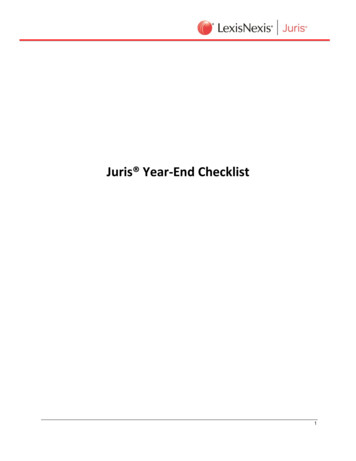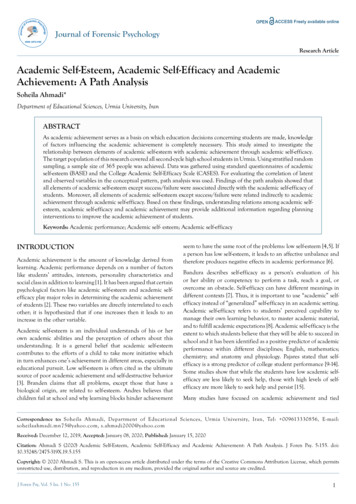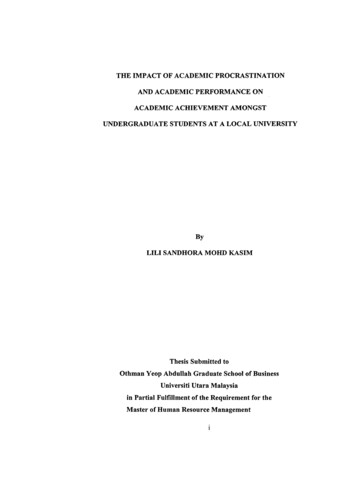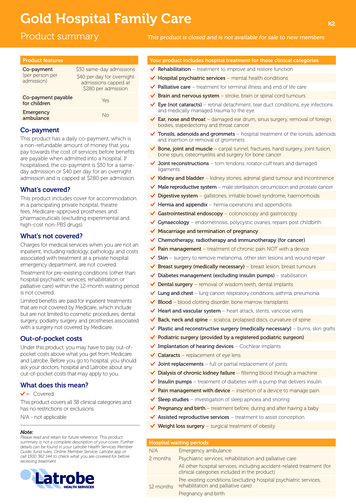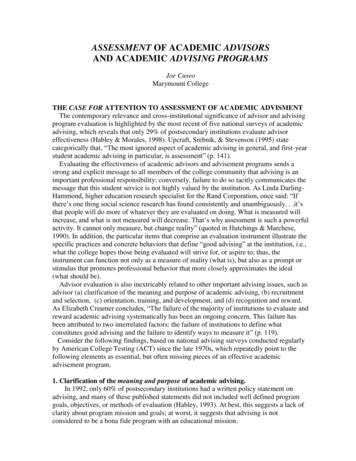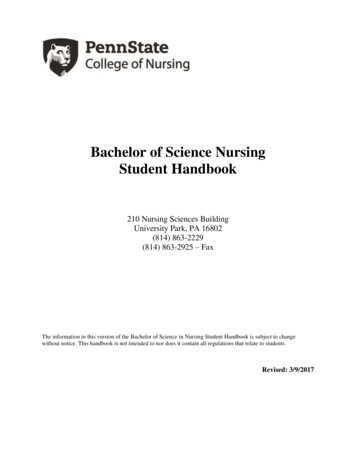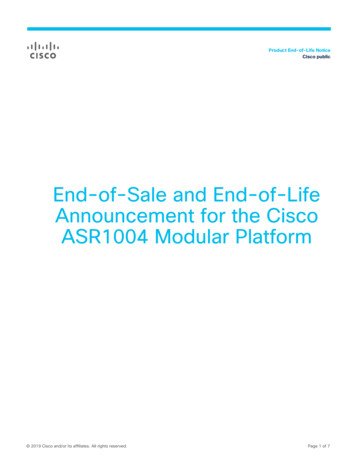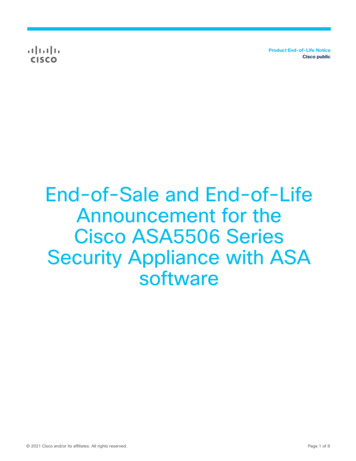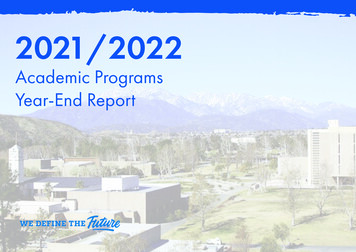
Transcription
2021/2022Academic ProgramsYear-End Report
Program ReviewOn April 27, 2021, the university finalized its revision to the AcademicProgram Review policy, also known as FAM 856.6, where programs arenow assessed on a five-year cycle rather than a seven-year cycle. InAcademic Year (AY) 2021-2022, the following seven programs were the firstto use the updated policy:1.2.3.4.Clare WeberDeputy Provost and Vice Provost forAcademic Programsclare.weber@csusb.edu(909) 537-5024AD-101LBachelor of Arts in Liberal StudiesMaster of Science in Environmental SciencesBachelor of Arts and Bachelor of Science in GeologyBachelor of Arts, Bachelor of Science, and Master of Arts inMathematics5. Master of Arts in National Security Studies6. Bachelor of Arts in Political Science7. Bachelor of Arts in PsychologyAcademicProgramsThe Office of Academic Programs utilized the Anthology/Campuslabs platform and built out the process as outlined in the policy into theCompliance Assist module; all reporting was submitted using the Planningmodule. Mid-Cycle reviews and Annual Assessment reports are linked in theCompliance Assist module. The goal is to support programs in their upcomingreviews and have at least five years’ worth of data available to them whenthey write their self-studies.The Office of Institutional Research presented their newlycreated website, Program Review Data Resources,dedicated to program review data; the Office ofAcademic Programs provided an overview of the updatedpolicy and the Anthology/Campus labs platform.AccreditationUpcoming Program ReviewCSUSB is one of only 3 CSUs which were given full 10-year WSCUCreaccreditation in 2022, having been upgraded from a 7-year previousterm. To make this happen, we first established a steering committee andten-working groups composed of administrators, faculty, staff, and students towrite a self-study. Together we provided research, brainstormed approaches,synthesized ideas, gathered documents, and laid the foundation for whatwe then expertly sculpted with English professor Dr. Sunny Hyon into theInstitutional Report. This Institutional Report was submitted to WSCUC inDecember 2020 and after a WSCUC review team visit in September2021, we were commended for our alignment with the mission and for ourexceptional commitment to our students.On April 26 and 28, 2022, the Office of Academic Programs held twoinformational meetings for the next set of programs that will undergo a reviewnext academic year (AY 2022-2023), which are:AssessmentThe Office of Academic Programs used Logic Models to teach staffuniversity-related procedures and processes. The department identifiedobjectives, outcomes, inputs, and outputs for each task. The goal was toclarify the day-to-day activities that align with departmental responsibilities.Strategic PlanIn coordination with the Office of the President, the Office of AcademicPrograms successfully held the inaugural CSUSB President’s LeadershipRetreat on Strategic Planning on May 6, 2022. Participants presentedvarious topics related to the Strategic Plan Expansion, provided feedbackon how these presentations impacted the four Thematic Goals of the nextStrategic Plan (2023-2027), and used this data to create Goal Statements.These Goal Statements will be shared with the Strategic Plan SteeringCommittee and its various working groups.1.2.3.4.5.6.7.8.9.10.Bachelor of Arts in EnglishMaster of Arts in English and Writing StudiesBachelor of Arts in PhilosophyBachelor of Arts, Master of Arts in SpanishMaster of Science in Computer ScienceBachelor of Science in KinesiologyBachelor of Arts in AnthropologyBachelor of Arts, Master of Arts in Child DevelopmentBachelor of Arts, Master of Arts in Criminal JusticeBachelor of Arts in EconomicsIntellectual Life FundEighteen events supported by the Intellectual Life Fund were hosted AY2021-2022. Managed by Academic Programs, the Intellectual Life Fund isdesigned to enhance the intellectual vitality of the university by bringing guestpre
Academic Master Plan. b. Courses approved: 1,159. 3. Communicate regularly with academic departments for schedule build deadlines and processes. 4. Calendar Committee coordination to approve the next two years of the academic calendar. 5. Post course waitlists for each academic term (4 times a year). 6. Ensure class schedule accuracy throughout .

